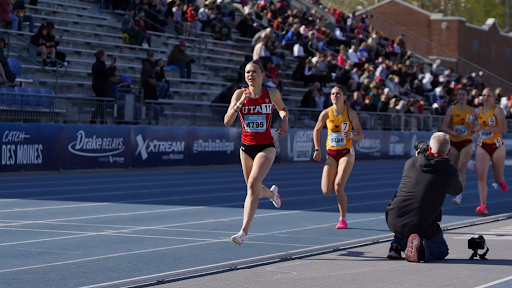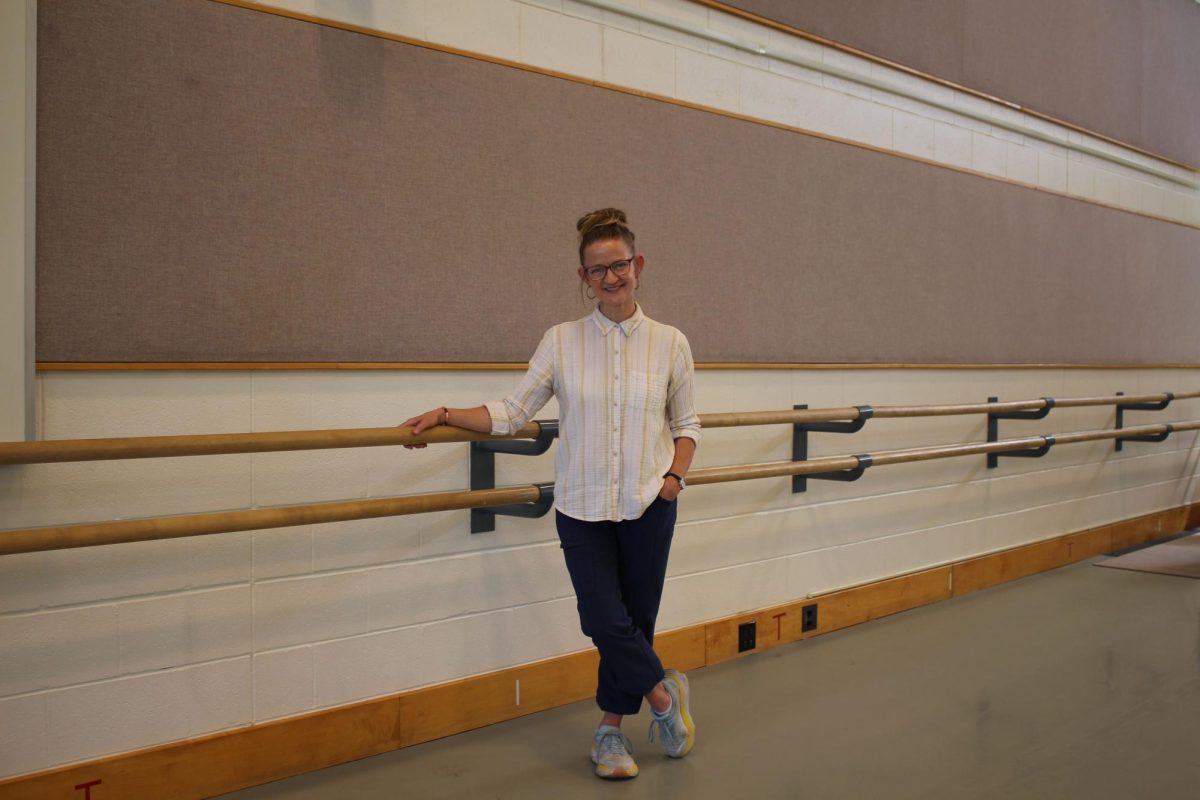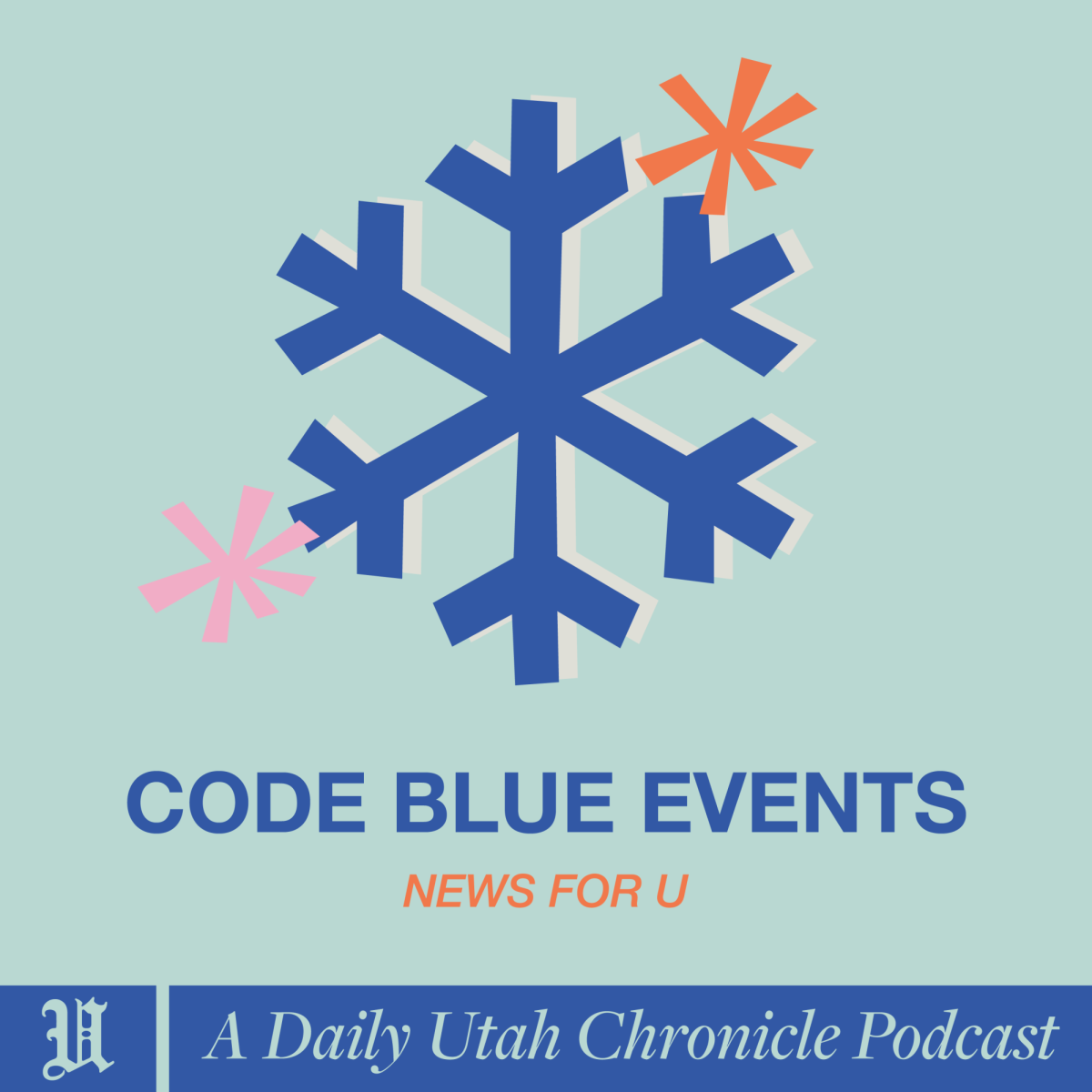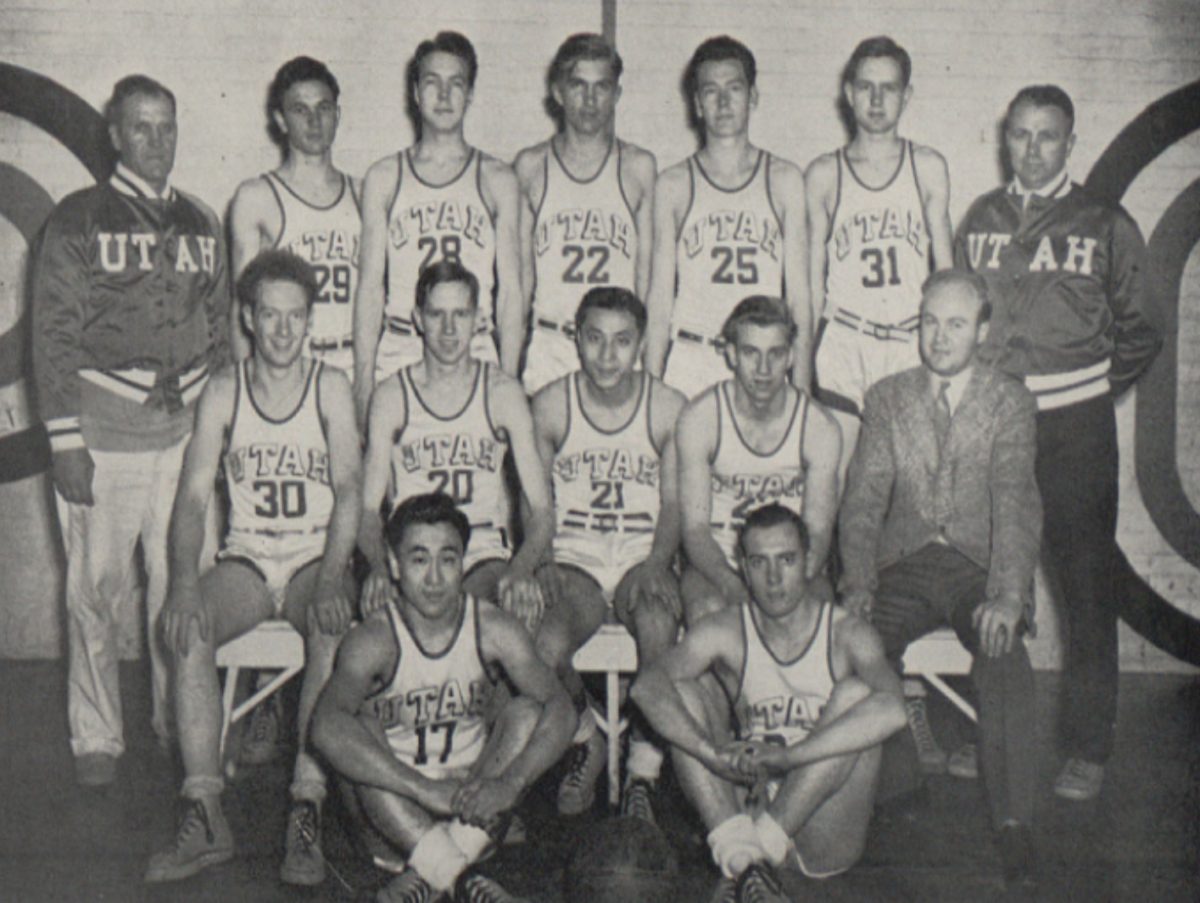Lezaic: Disability Accommodations Process Blocks LGBTQ+ Students From Receiving Aid
The Block U on campus with the colors of the intersectional LGBTQ+ pride flag on March 24, 2021. (Photo by Jack Gambassi | Daily Utah Chronicle)
March 24, 2022
At the University of Utah, we must focus our attention on the people who the pandemic has impacted the hardest — students who belong to marginalized groups. LGBTQ+ students are one such group, who already face disproportionately high levels of mental illness.
As mental health among queer and trans college students plummets, we must challenge the ways we view and approach accessibility in academic settings. All students on the U’s campus deserve equal access to education. For this reason, we must examine how the process for getting disability accommodations puts LGBTQ+ students in potentially dangerous situations.
Understanding Mental Health in the LGBTQ+ Community
Preserving your wellbeing as a student during the pandemic comes with its own set of obstacles. When you factor in the many stressors the LGBTQ+ community experiences, the issue of mental health compounds into something even more concerning.
The Americans with Disabilities Act sometimes protects individuals with mental illnesses, and the U’s Center for Disability and Access also operates that way. However, the process is inaccessible. The CDA requires you to book multiple appointments, fill out extensive paperwork, attend meetings and, most troublingly, requires supporting documentation. People who aren’t disabled find this process exhausting enough, but for students with disabilities, it becomes a relentless uphill battle. When you need accommodations because of obstacles in your way, you shouldn’t be expected to overcome additional ones.
I personally attempted going through the system’s arduous process. In the meeting itself, you’re expected to lay out deeply traumatic and triggering moments as you listen to the advisor clinically typing their notes about your situation. I sat there wondering if my traumas were enough to get me the resources I so desperately needed.
The identities of queer and trans students often cannot be separated from their trauma and mental illnesses. If they have to explain themselves, they must give the full picture. This expectation of identity disclosure seems extremely invasive, especially when the people who decide if you get your request potentially hold transphobic or homophobic views. After all these mental and emotional gymnastics, there’s still no guarantee that the CDA will grant your request.
The Problem of Requiring Documentation
The CDA also requires documentation from a medical provider, which also feels invasive. Many college students only have health insurance through their parents or guardians. This can place them in difficult situations where they risk being outed. As a result, these students cannot easily provide this documentation, let alone ensure that it’s as recent as six months. Asking parents for insurance information, therapy or medication to build a case with the CDA can compromise the safety of a student, especially if their family holds transphobic or homophobic beliefs.
This requirement assumes that the student’s family has insurance in the first place, and if they do, that the student has access to it. Considering 14% of Utahns age 19-26 were uninsured in 2019, those odds are less than ideal. Young adults in the LGBTQ+ community are twice as likely as their peers to be homeless, which further blocks access to these resources.
The disturbing risk that the provider themself is homophobic or transphobic also deters people from seeking help. Mental Health America says, “Fear of discrimination may lead some people to conceal their sexual orientation or gender identity from providers or avoid seeking care altogether.” This isn’t a rare occurrence, considering more than half of MHA’s survey respondents have “faced cases of providers denying care, using harsh language, or blaming the patient’s sexual orientation or gender identity as the cause for an illness.”
When faced with these realities, many LGBTQ+ students must choose between their education and their safety. Acquiring documentation can be next to impossible and can lead to the U denying requests for accommodations.
These Regulations Maintain the Exclusivity of Academia
Given these realities, we can assume that only students with the most resources can access accommodations at the U. By making students jump through hoops, the U actively widens the gap between its students. Each time an LGBTQ+ student attempts to get accommodations, they must make their identity digestible enough to be validated by others. Their trauma is turned into checklists, and they find themselves hoping enough boxes are checked. Nobody should have to present the most traumatized, vulnerable versions of themselves to receive respect, patience and resources.
The U must close this gap between its students by altering its understanding of disability. Change includes fostering a healthier environment on campus that allows flexibility from professors. The professors themselves need more training to understand the importance of creating a classroom tailored to individual students’ needs. Students deserve effort and understanding. We must collectively begin to understand accommodations not as exceptions gained through proof of disability, but as a stepping stone to an equitable campus.
We, as a student body, are done jumping through hoops. Disability is not a personal problem, but a systemic lack of consideration for individual needs. Only changes from the U on an institutional level can begin to properly provide justice.








